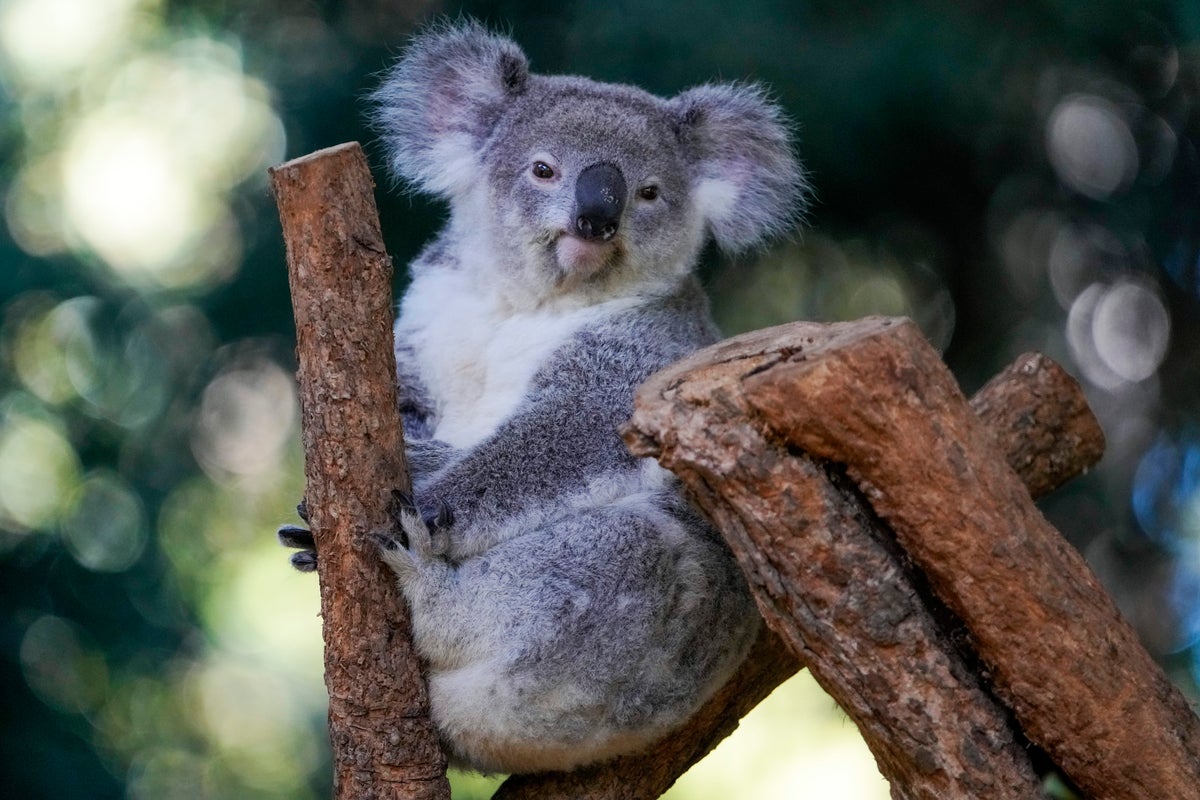Your support helps us to tell the story
From reproductive rights to climate change to Big Tech, The Independent is on the ground when the story is developing. Whether it’s investigating the financials of Elon Musk’s pro-Trump PAC or producing our latest documentary, ‘The A Word’, which shines a light on the American women fighting for reproductive rights, we know how important it is to parse out the facts from the messaging.
At such a critical moment in US history, we need reporters on the ground. Your donation allows us to keep sending journalists to speak to both sides of the story.
The Independent is trusted by Americans across the entire political spectrum. And unlike many other quality news outlets, we choose not to lock Americans out of our reporting and analysis with paywalls. We believe quality journalism should be available to everyone, paid for by those who can afford it.
Your support makes all the difference.Read more
Australia has approved the world’s first vaccine to tackle chlamydia in koalas, a disease that has been wiping out populations of the endangered species.
The single-dose vaccine, developed after more than a decade of trials, will be rolled out in wildlife hospitals and the field following clearance by the country’s veterinary medicine regulator.
Researchers said it could prove a turning point against one of the biggest threats to the survival of koalas, whose numbers have plummeted to as few as 60,000 nationwide.
Chlamydia, a bacterial infection that in koalas causes painful urinary tract disease, infertility, blindness and death, is among the greatest threats to the species’ long-term survival.
In some colonies, infection rates reach 70 per cent, with the disease accounting for up to half of deaths in wild populations.
“Some individual wild colonies, where infection rate can be as high as 70 per cent, are edging closer to extinction every day,” said professor Peter Timms, microbiologist at the University of Sunshine Coast, who led the vaccine project.
“We were determined to do the hard yards to move from research to this vital next stage – a high-quality, veterinary-approved product that can now be used in wildlife hospitals, veterinary clinics and in the field to protect the nation’s most at-risk koalas.”
 A koala at a zoo in Sydney, Australia (Getty Images)
A koala at a zoo in Sydney, Australia (Getty Images)
The vaccine is a result of a decade of research, including the largest and longest study of wild koalas ever undertaken.
The vaccine is based on Chlamydia pecorum’s major outer membrane protein, offering three levels of protection: reducing infection, preventing progression to disease, and, in some cases, reversing existing symptoms.
“This study found it reduced the likelihood of koalas developing symptoms of chlamydia during breeding age and decreased mortality from the disease in wild populations by at least 65 per cent,” said UniSC senior researcher, Dr Sam Phillips.
Until now, the only treatment was antibiotics, which often disrupted a koala’s ability to digest eucalyptus leaves – their sole food source – sometimes leading to death by starvation. They also fail to prevent reinfection, leaving populations vulnerable.
Earlier in 2023, the researchers developed a two-shot vaccine. But providing a booster dose after 30 days proved challenging as koalas were hard to recapture or hold in captivity for a month. Researchers kept working to improve the vaccine to make it a single-dose shot that only requires koalas to be injected once.
“UniSC knew a single-dose vaccine – without the need for a booster – was the answer to reducing the rapid, devastating spread of this disease, which accounts for as much as half of koala deaths across wild populations,” Professor Timms said.
The breakthrough comes as koala numbers continue to plunge. A 2022 government inquiry declared the species endangered across much of eastern Australia, with some regions such as southeast Queensland now home to fewer than 16,000 animals. Nationwide estimates suggest as few as 60,000 remain in the wild, down from millions a century ago.
Wildlife organisations that supported the project welcomed the approval. “This initiative transcends basic research; it represents a crucial intervention to safeguard endangered species and maintain ecological balance in Australia’s unique environments, serving as a model for similar conservation efforts worldwide,” Ceva Wildlife Research Fund’s director, Pierre-Marie Borne, said.
“Together, we are turning the tide for koalas,” said Dr Terri Irwin AM, from Wildlife Warrior.

